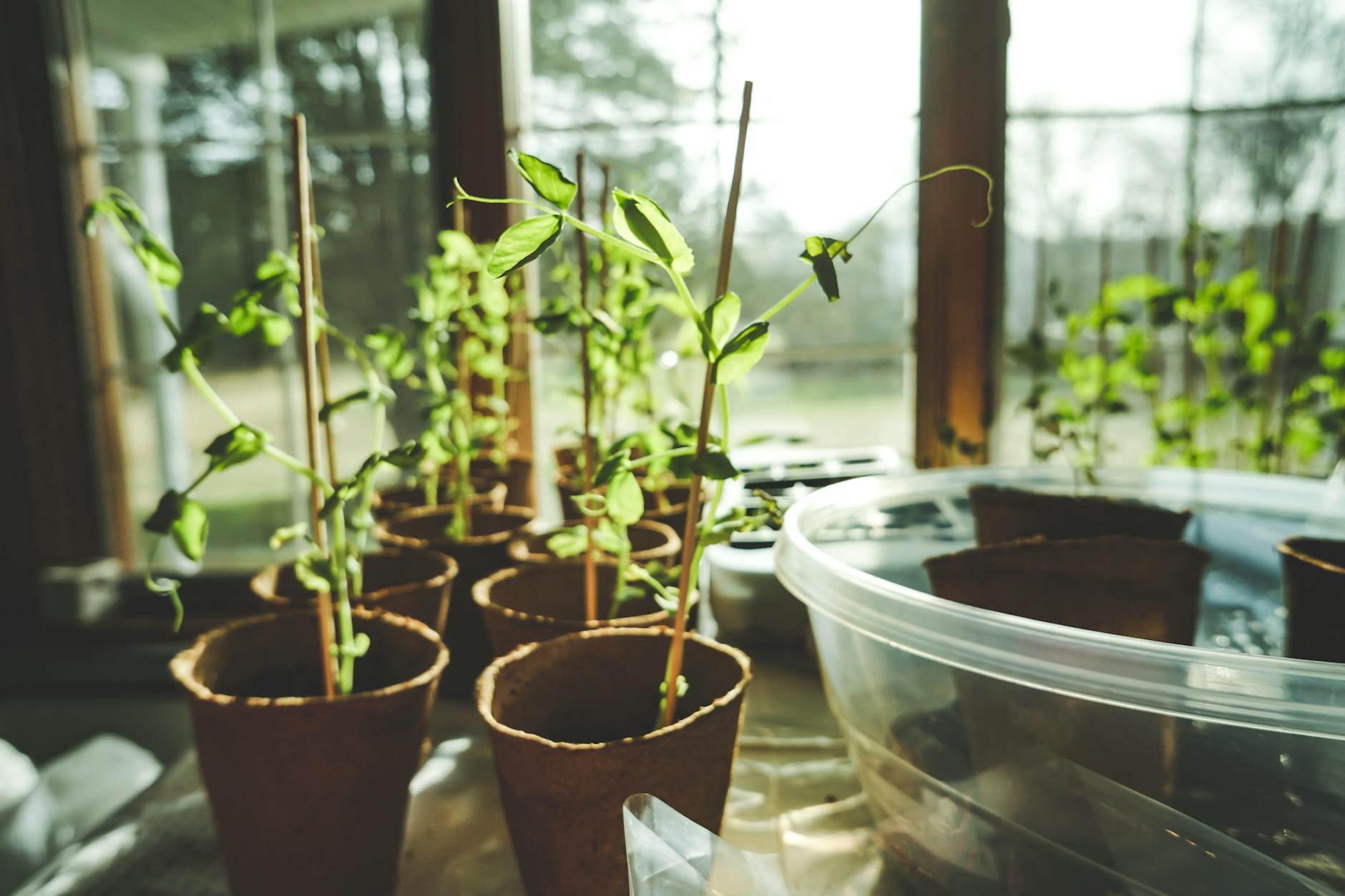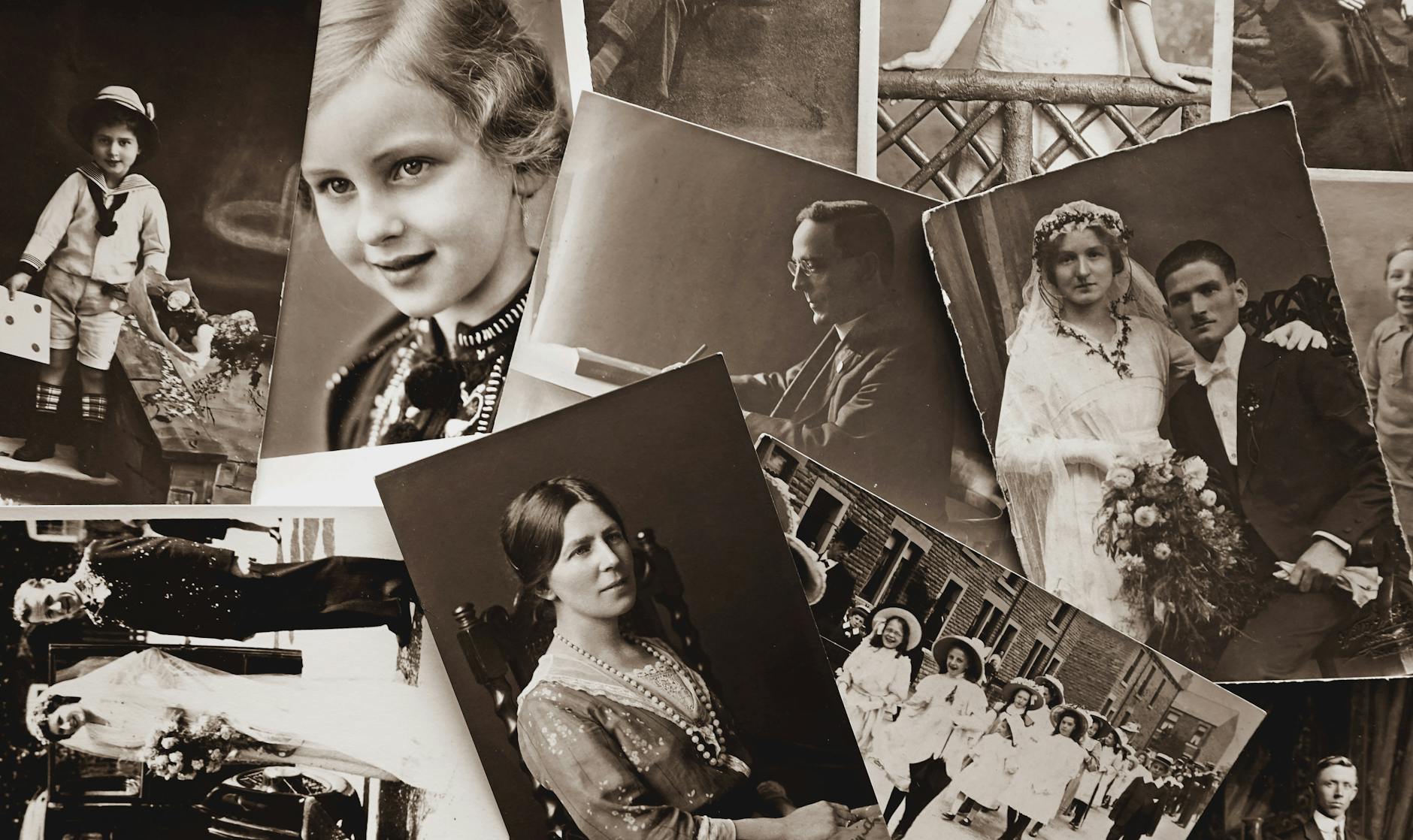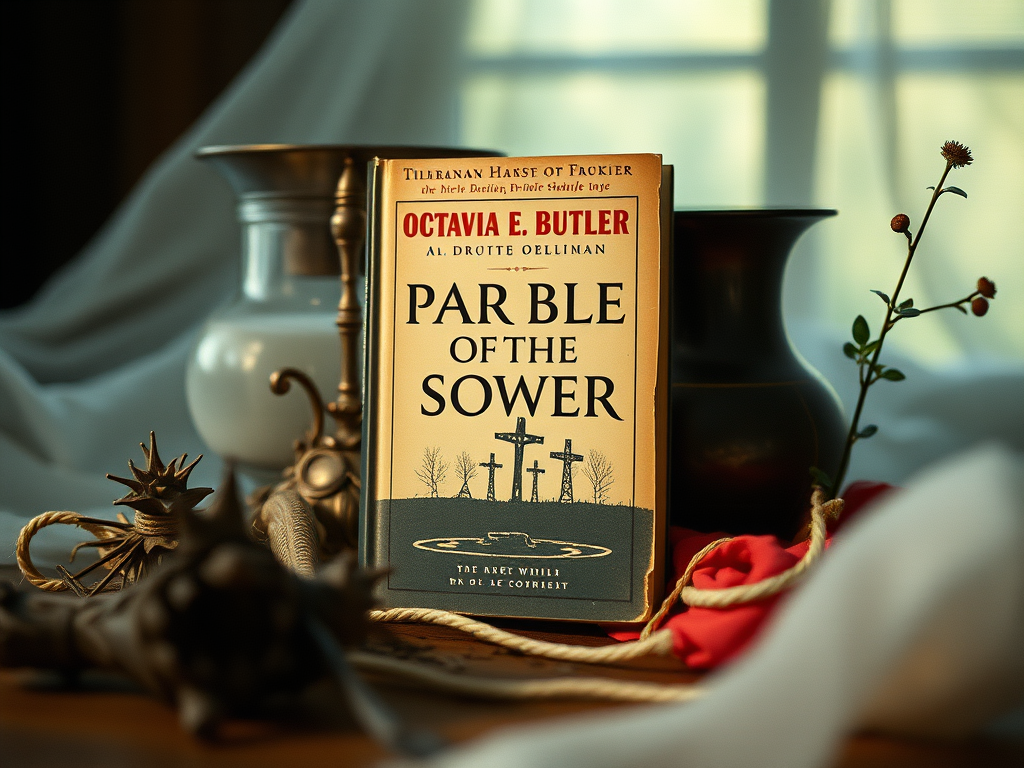
We are all familiar with the conventional routine – five days a week, as primary school students, we dutifully occupied our desks, interrupted only by a brief noon break. It’s the educational formula we’ve grown accustomed to, seemingly effective in a world that once operated at a different pace. Yet, as the tides of the economy shift with an increasing wave of automation, it becomes imperative to reevaluate our approach to education. The changes required, however, demand more than incremental adjustments; they call for a paradigm shift – a shift that usually unfolds over decades, if not centuries. In our rapidly evolving world, laden with swift transformations, the need for creative, out-of-the-box solutions is more pressing than ever. The question that looms large: How do we prepare the next generation for this dynamic landscape?
Enter Rob Hopkins and his compelling book, “From What Is to What If: Unleashing the Power of Imagination to Create the Future We Want.” Hopkins issues a call to action, urging us to unlock our imagination and consider innovative approaches to education. His suggestions, which I find deeply inspiring, prompt us to reconsider the very essence of learning.
Hopkins underscores the significance of play in building resilience and honing problem-solving skills. Emphasizing the crucial role of roleplay in fostering empathy, he challenges the traditional expectation that children should be able to sit still and absorb information for extended periods. Instead, he advocates for a focus on self-directed, playful learning. Imagine freeing up time for children to explore their interests, encouraging them to delve into their curiosity and unleash their creativity. Perhaps it’s time to reimagine the classroom setting, breaking free from the confines of traditional classrooms. Picture school gardens as vibrant spaces where students can not only learn but actively engage with the world around them.
In the pursuit of a more comprehensive education, we often overlook essential aspects of human experience. “The School of Life: An Emotional Education” by Alain de Botton sheds light on topics neglected in conventional education, particularly those related to psychology and emotions. The assumption that emotional insight is either unteachable or unnecessary is challenged, advocating for a more holistic approach to learning.
Building on this foundation, Yuval Noah Harari, in “21 Lessons for the 21st Century,” outlines four crucial skills that students should prioritize: critical thinking, cooperation, communication, and creativity. These skills, he argues, are indispensable for navigating the complexities of our contemporary world.
As we stand at the intersection of tradition and transformation, it’s time to rethink education. Let’s embrace a paradigm that encourages imagination, play, emotional intelligence, and the essential skills demanded by the 21st century. The school of the future may not be confined to desks and chalkboards but could flourish in the boundless realms of curiosity, creativity, and collaboration. It’s time to shape a new narrative, one that prepares our youth not just for what is, but for the boundless possibilities of what if.







Leave a Reply